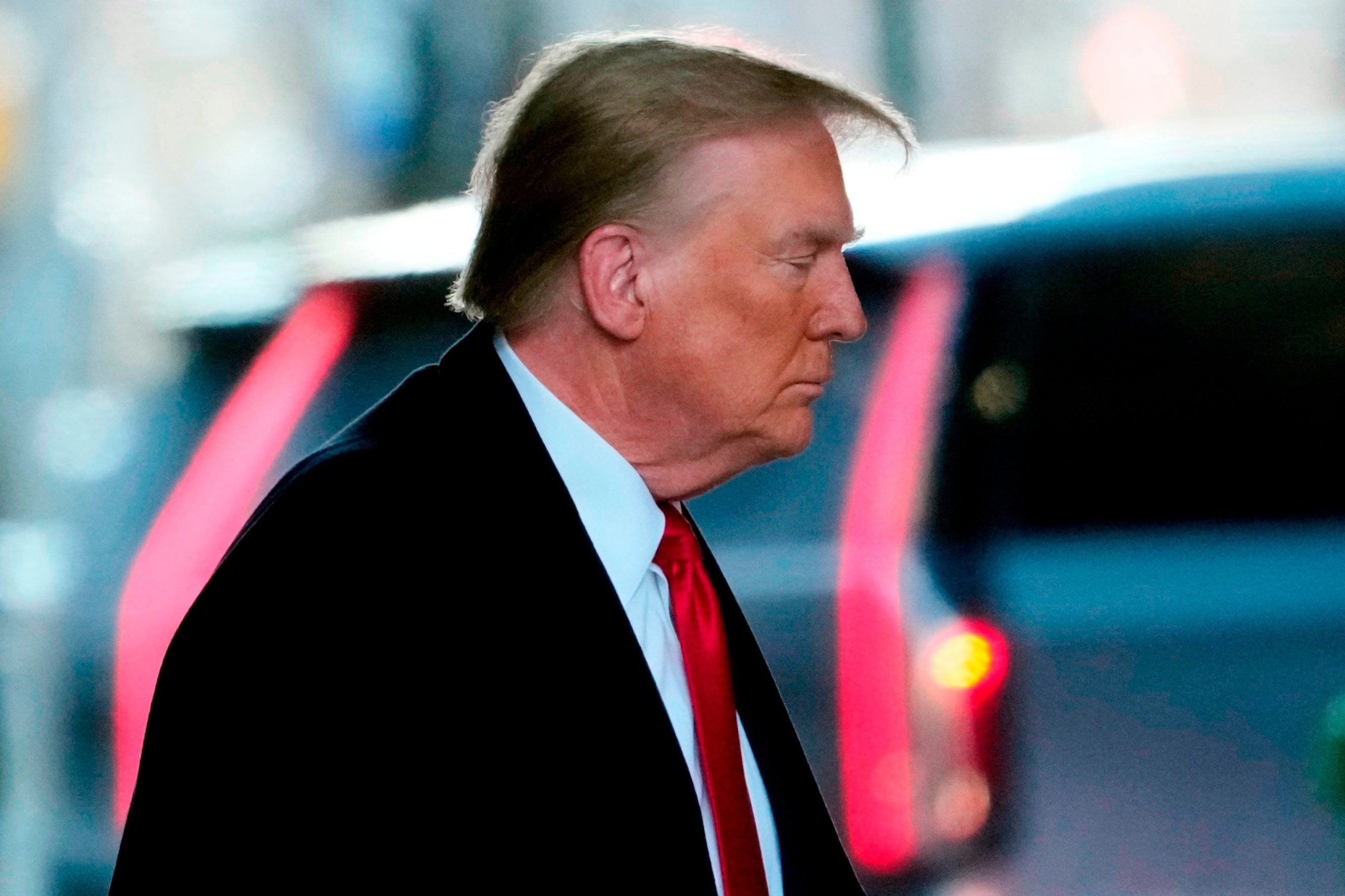The Supreme Court‘s decision not to overturn the Colorado Supreme Court’s findings that Donald Trump participated in insurrection on January 6, a view echoed by every court that has examined the issue, has led to further developments.
Following this decision, Maine Secretary of State Shenna Bellows, who had previously determined that Trump was disqualified from appearing on Maine’s primary ballot based on the Colorado decision, issued a revised ruling.
While she retracted the specific section that barred Trump from the ballot, she maintained the detailed findings labeling Trump as an insurrectionist. Trump, facing yet another official refusal to clear his name, demanded on March 6 that Secretary Bellows entirely withdraw her original decision, including the designation of him as an insurrectionist.
Maine Secretary of State Shenna Bellows (Credits: Washington Post)
Trump’s request did not dispute the accuracy of Bellows’s findings but argued that she lacked jurisdiction to initiate the challenge against him. Bellows rejected Trump’s request, noting her original findings did not conflict with the Supreme Court’s stance that states cannot enforce Section Three of the Fourteenth Amendment against federal officers.
Consequently, her determination that Trump engaged in insurrection remains unaffected by the Supreme Court’s decision. In response, Trump filed a lawsuit against Secretary Bellows in Maine’s Superior Court to compel her to retract her original ruling entirely.
Trump’s lawsuit does not contest his actions or the findings of insurrection but argues that Bellows was not authorized to consider the voter challenges, hence seeking to remove the “insurrectionist” label attached to him. Bellows has yet to reply to the lawsuit.
Bellows’s reasons for denying Trump’s request stand firm, emphasizing that the Supreme Court’s decision is hardly the triumph Trump claims.
Shenna Bellows and Donald Trump (Credits: Newsweek)
The Supreme Court did not challenge the findings of Trump as an insurrectionist in several states, nor did it dispute other legal determinations that the Capitol attack constituted an insurrection, disqualifying those involved from holding office.
This includes declining to review Couy Griffin’s appeal, which was barred from office for his participation in the insurrection. The substance of Trump’s legal battles and his refusal to contest the factual accuracy of the findings against him underscore the overwhelming evidence of his involvement in the insurrection.
These legal outcomes serve as critical records, ensuring public awareness and holding leaders accountable for their actions. Trump’s lawsuit in Maine represents his initial attempt to nullify the legal conclusions identifying him as an insurrectionist. However, this effort is anticipated to be unsuccessful, preserving the outstanding legal judgments against him.
